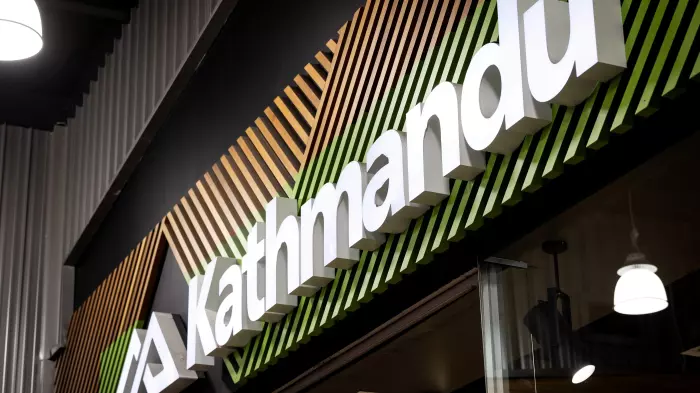BusinessDesk investments editor Frances Cook responds to emails from readers each week, answering questions about money. Below, you will find her expert advice. Send your questions to [email protected].
Hi Frances, I'm embarrassed to ask this question because I don't understand how it all works, but I know if anyone is going to help me, it's you.
When you invest in stocks and get paid dividends, you’re basically getting free money, right?
That's awesome but what I don't understand is, what do companies get out of people investing in them?
To me, since I don't understand, it seems like one of those "too good to be true" things. You put $1000 into shares, and every now and then, you get $20. What's the catch?
Thanks,
A.
Hi A,
No need to be embarrassed. Why on earth would a company give away some of its cash?
After all, let’s be real: the business world is about making money. It’s not here to give out hugs.
Well, they have a few good reasons to do this.
The basics
A dividend is the company sharing its profits between the owners. When you buy shares, you’ve become a part-owner in that business, along with a few thousand other people – depending on how many shares the company has issued.
So when there’s profit, it goes to shareholders, just like any other business owner.
In New Zealand, it’s usually twice a year that you can get a dividend. Overseas, it can be different, such as in the US, where they often pay out dividends four times a year.
The company doesn’t have to give out this money, though. It can say it has expansion plans and needs to invest the money back into the company. Or it may need to pay off debt.
But apart from things like that, profits get divvied out.
Your question still stands, though. Why not just hold on to it and give a fat raise to the CEO?
Quid pro quo
Some of it comes back to why companies list on the share market in the first place.
At first glance, that doesn’t make sense either. They’re selling off some of the company, inviting investors in, which gives away some of the control of the company and a lot of its profits. Why?
Because they want money, too.
When a company reaches a certain size, it gets hard to get any bigger without a substantial cash injection.
They could get this by trying to sell more product – which takes a while, and in the meantime, they could be leapfrogged by a competitor with more cash.
They could go to the bank for a loan, which often comes with even more strings attached.
So they head to the sharemarket and ask people to invest. These investors put in their money in return for a share of ownership and future profits.
Businesses don’t legally have to give dividends for the perfectly legitimate reasons I mentioned above. But the shareholders have certain expectations, and they do have a certain amount of power if they feel like they’re not getting a fair return on their money.
They elect the board of directors, who, in turn, elect the CEO.
Unhappy investors? Let it get bad enough, and mutiny might get under way, forcing a change in leadership at the company.
Signalling theory
There’s also the idea that giving dividends to investors sends a message to the market.
Don’t forget what’s always a running theme with money. There’s maths and data, but people handle all of that.
People are swayed by ideas and stories, such as, say, this company is so successful and strong because look how much profit it has to share with its investors in the form of dividends.
Plenty of companies will scrape up money for dividends purely because they want to posture and send a message to the market. They’ll do it for what it will say about their company.
They say, “We have money; therefore, we must be profitable and successful”.
If the company becomes known as one that never gives out a dividend, and it doesn’t seem to have any big exciting plans on the horizon to justify that, investors are likely to be less interested in it.
Fewer people wanting to invest means less competition for shares, which means the share price starts to fall.
The company starts to get the whiff of failure around it, which is the very last thing you want in the business world.
People start to chat about it; they’re less interested in doing business with you, and deals become harder to make. Businesses can fail because of silly things like this. People are fickle and don’t like to be associated with failure.
Personal interest
And lastly, let’s not forget the glorious self-interest of capitalism.
Many people high up in a listed company get part of their pay in equity, aka shares in the company.
So, the CEO and board of directors may have a personal interest in making sure that shareholders are treated well – they’re likely to be among them.
Send questions to [email protected] if you want to be featured in the column. Emails should be about 200 words, and we won't publish your name. Unfortunately, Frances is not able to respond to every email received or offer individual financial advice.
Information in this column is general in nature and should not be taken as individual financial advice. Frances Cook and BusinessDesk are not responsible for any loss a reader may suffer.














